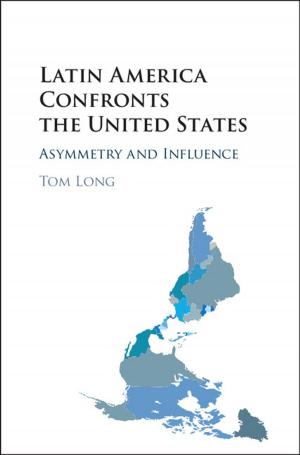Introduction to Computational Cultural Psychology
Nonfiction, Health & Well Being, Psychology, Cognitive Psychology| Author: | Yair Neuman | ISBN: | 9781107720565 |
| Publisher: | Cambridge University Press | Publication: | February 6, 2014 |
| Imprint: | Cambridge University Press | Language: | English |
| Author: | Yair Neuman |
| ISBN: | 9781107720565 |
| Publisher: | Cambridge University Press |
| Publication: | February 6, 2014 |
| Imprint: | Cambridge University Press |
| Language: | English |
Human psychology is deeply rooted in the culture in which people live. Introduction to Computational Cultural Psychology introduces a revolutionary approach for studying cultural psychology. Drawing on novel computational tools and in-depth case studies, Professor Yair Neuman offers thought-provoking answers to questions such as: how are thought and language deeply related? How can computers help us to understand different cultures? How can computers assist military intelligence in identifying vengeful intentions? And how is our concept of 'love' rooted in our basic embodied experience? Written by a leading interdisciplinary researcher this book is a 'tour-de-force' which will be of interest to a variety of researchers, students and practitioners in psychology as well as an interdisciplinary audience with an interest in the intricate web weaved between the human psyche and its cultural context.
Human psychology is deeply rooted in the culture in which people live. Introduction to Computational Cultural Psychology introduces a revolutionary approach for studying cultural psychology. Drawing on novel computational tools and in-depth case studies, Professor Yair Neuman offers thought-provoking answers to questions such as: how are thought and language deeply related? How can computers help us to understand different cultures? How can computers assist military intelligence in identifying vengeful intentions? And how is our concept of 'love' rooted in our basic embodied experience? Written by a leading interdisciplinary researcher this book is a 'tour-de-force' which will be of interest to a variety of researchers, students and practitioners in psychology as well as an interdisciplinary audience with an interest in the intricate web weaved between the human psyche and its cultural context.















